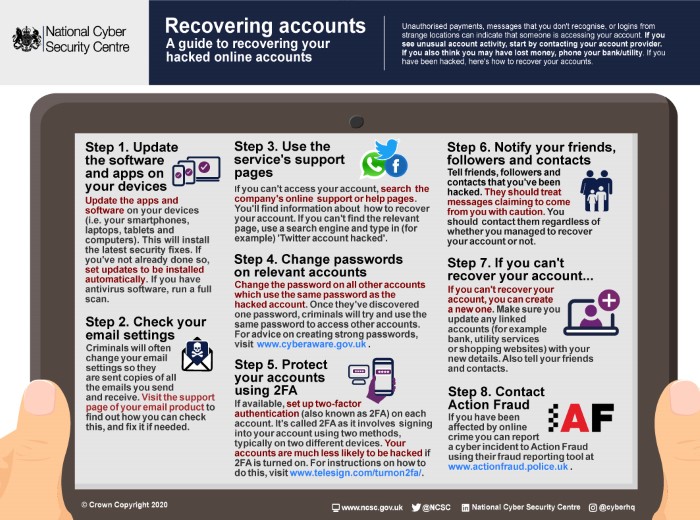Council Officer Impersonation Scam
Published: 16 November 2020
Council Officer Impersonation ScamWe've had a report that some residents in Fenland have recently been visited by rogue traders purporting to be Council officers offering loft insulation.
Please be aware that Fenland District Council are not carrying out such work, nor do they endorse any companies offering loft insulation, or supply details of residents to such companies. It is likely that these traders are using the Council's name to access properties in order to steal or to try to get customers to agree to work, whether it is needed or not.
Whilst this matter has been brought to our attention in Fenland, don't forget that criminals know no boundaries and will try their luck over a wide area. Please share this warning far and wide.
If you are visited by a cold caller on the doorstep please remember you do not have to answer the door, it is not impolite to not answer to people you are not expecting. However if you do decide to answer the door remember to:
- Ensure back doors and windows are locked
- Use your door chain to answer the door
- Ask for proof of ID
- Check the ID has not been tampered with e.g. new photo stuck over
- Contact the organisation to check the visitor is genuine - using a number you know to be correct such as from their official website, social media page or a bill (i.e. not a number on the ID card)
- Refuse to engage with anyone who does not offer reliable proof of ID
A genuine caller will not mind waiting for you to make these checks.
Report rogue traders to the police on 999 (if still present) or 101 after the event.
For a free 'Please leave and do not return' door sticker please contact us.
________________________________________
Microsoft Security BreachOne of our fantastic supporters from the business sector has been in touch to say they recently had their Microsoft accounts hacked. The breach resulted in over a thousand emails being sent from their account to their contacts with an attachment for the recipient to click to open. Our supporter was also unable to access their accounts whilst this was happening.
Fortunately most of the recipients realised that something was amiss from the different tone and language of the email from that the business normally uses and the fact that the email was unexpected - and therefore did not click on the attachment. Had they done so it may have installed malware on their device which could watch every key typed from that point on or could block access until a ransom is paid.
It is possible that this situation arose because hackers were able to breach the Microsoft account password.
The National Cyber Security Centre (NCSC) advises to use three random words to create a strong and memorable password e.g. kneepastahopscotch. By adding numbers and punctuation characters to your password this makes it stronger still e.g. kn33p@st@h0p5c0tch!
NCSC also advise the following to keep your online accounts secure:
- Use a unique and separate password for your email.
- Store your passwords somewhere safe: save to your browser or use a password manager.
- Add extra security to important online accounts: turn on two-factor authentication.
For more useful advice and information visit
Strong Password Generator.If your account has been hacked please see NCSC's useful guide to recovering a hacked account and this handy infographic
